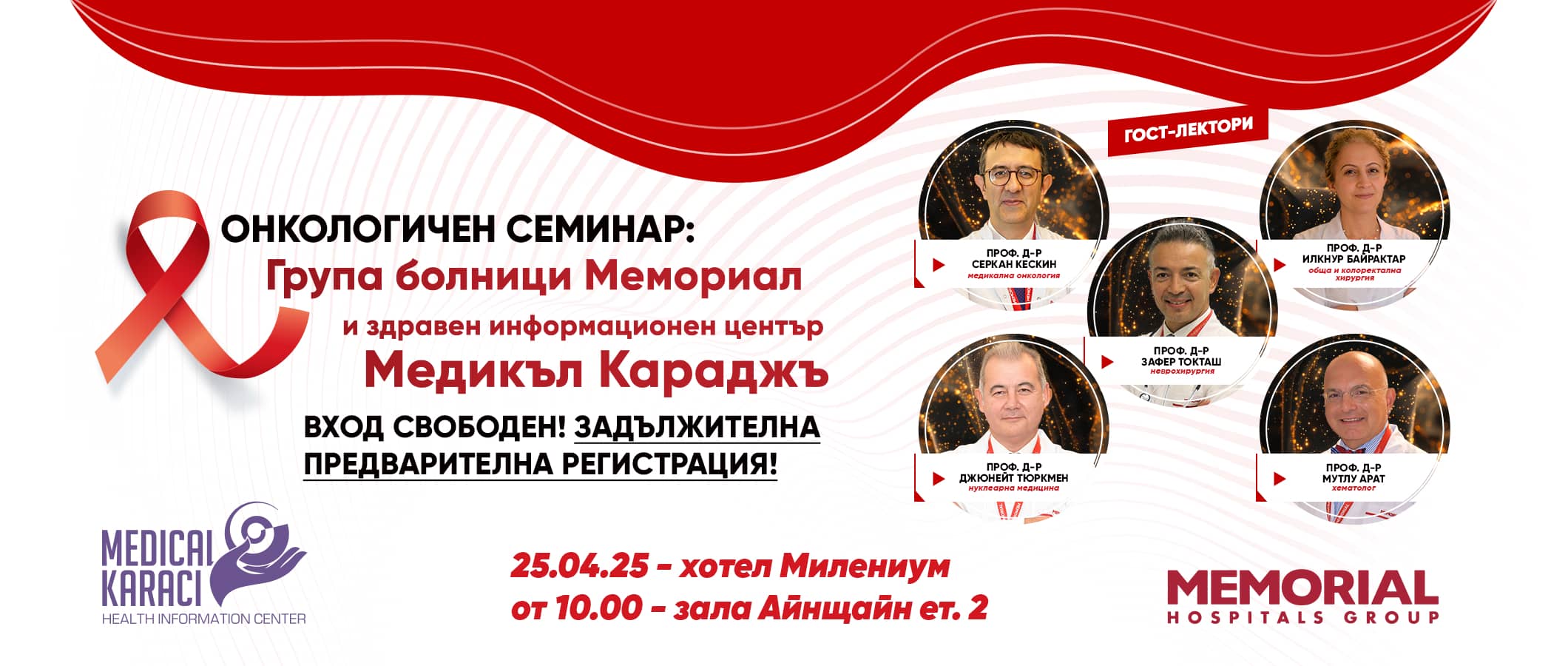[vc_row css_animation=““ row_type=“row“ use_row_as_full_screen_section=“no“ type=“full_width“ angled_section=“no“ text_align=“left“ background_image_as_pattern=“without_pattern“ el_class=“body-articles-text“][vc_column el_class=“special-bullet“][vc_empty_space height=“20″][vc_single_image image=“6350″ img_size=“full“ vstudio_css_animation=““][vc_empty_space height=“20″][vc_column_text]Автоимунните заболявания са група заболявания, характеризиращи се с хиперактивност на имунната система, която сама разрушава и унищожава здрави тъкани, клетки и органи в собствения си организъм.
Inflammation is very characteristic of autoimmune diseases. Antibodies accumulate in various organs and tissues such as the kidneys, lungs, nerve endings. After such accumulation in a particular part of the body, a disease outbreak occurs, which gradually becomes chronic and damages the organ or tissue.
Symptoms of autoimmune disease can be severe in some people and mild in others. They are associated with a number of factors that include stress, environment, genetic predisposition. The characteristic thing about them is that no one is insured from their occurrence. Most autoimmune diseases are difficult to diagnose and remain so for years. One autoimmune disease predisposes inexorably to the triggering of a second and third one. Last but not least, this type of disease is reported to be increasing in children.
Their group numbers over 200 and they are chronic. Symptoms are relieved by the administration of immunosuppressants.
Common symptoms of autoimmune disease include:
[/vc_column_text][vc_empty_space height=“20″][vc_column_text]
- Fatigue
- Joint pain and swelling
- Skin problems
- Stomach pain or digestive problems
- Recurrent fever
- Swollen glands
There is usually no test to diagnose. You have to have certain symptoms combined with specific blood indicators, markers, and in some cases even a tissue biopsy. The factor is not just one. Diagnosis is also likely to be difficult as these symptoms are likely to come from other common conditions.
Risk Factors for Autoimmune Disease:
[/vc_column_text][vc_empty_space height=“20″][vc_column_text]
- Genetics: Some diseases such as lupus and multiple sclerosis tend to run in families where there is a relative with an autoimmune disease.
- Weight: Being overweight or obese increases the risk of developing rheumatoid arthritis or psoriatic arthritis. This may be because higher weight puts more strain on the joints or because fat tissue has substances that trigger inflammation.
- Smoking: Research has linked smoking to a number of autoimmune diseases, rheumatoid arthritis, hyperthyroidism and MS.
- Some medicines: Some blood pressure medications or antibiotics can cause lupus. Specific drugs used to lower cholesterol called statins can cause statin-induced myopathy. Tove is a rare autoimmune disease that causes muscle weakness.
- Superimmunity: It can trigger autoimmune disease. The negative effect of immunosuppressants makes the body easily susceptible to viral infections. Their administration is a double-edged sword, doctors warn. As a result, there are risks of other new infections arising to complicate the patient's condition.
[/vc_column_text][vc_empty_space height=“10″][vstudio_elements_holder number_of_columns=“one_column“][vstudio_elements_holder_item advanced_animations=“no“][button target=“_blank“ hover_type=“default“ text=“Към Автоимунни заболявания (Част 2) – Най-често срещаните автоимунни заболявания“ link=“https://www.medikara.bg/avtoimunni-zabolyavaniya-2″][/vstudio_elements_holder_item][/vstudio_elements_holder][vc_empty_space height=“20″][vc_column_text]За повече информация, ние, Медикъл Караджъ сме на ваше разположение.
Call us on the following numbers "Medical Karaj": 0879 977 401 or 0879 977 402.
Also keep an eye on our constantly updated Facebook content.[/vc_column_text][/vc_column][/vc_row]








